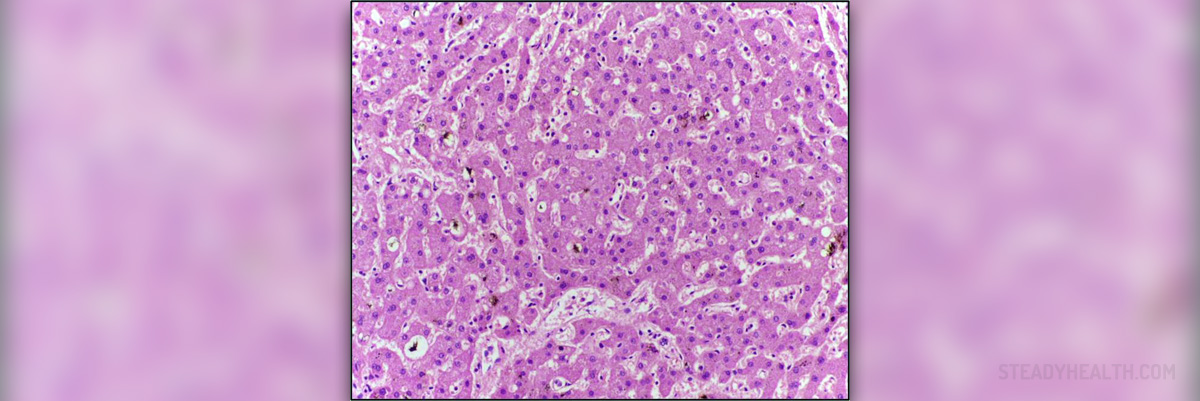
Gilbert's Syndrome
Gilbert's syndrome is a hereditary disorder of bilirubin metabolism. The leading symptom of the disease is jaundice caused by increased concentration of unconjugated bilirubin in the blood. The disease is common and encompasses about 5% of the population.Gilbert's syndrome most commonly occurs in men and manifests in childhood or early adolescence for the first time. Bilirubinaemia may be registered either in the phase of bilirubin jump with the appearance of icterus, or by accident during a systematic review.
Gilbert's syndrome is harmless disease in most cases that does not require treatment.
Syndrome is named after the scientists Augustin Nicolas Gilbert and Jens Einar Meulengracht. In the German literature this syndrome is called Morbus Meulengracht.
Causes of Gilbert's Syndrome
Hyperbilirubinaemia is caused by decreased activity of glucuronosyltransferase enzym (bilirubin-uridin-diphosphate-glucuronosyltransferase), which conjugates bilirubin and some other molecules. Bilirubin becomes water soluble by conjugation and is excreted through bile into duodenum.Some medications are metabolized by action of glucuronosyltransferase enzym, which may be the reason of a higher concentration of these drugs or their degradation products in the blood.
Gilbert's syndrome is an inherited autosomal dominant disease. Due to frequent incomplete penetration and variable gene expression it can occur through several generations and have latent and intermittent course. However, the syndrome exists in 4-8% of the general population.
Symptoms of Gilbert's Syndrome
Symptoms may be provoked by a variety of exogenous and endogenous factors such as physical exertion, emotional stress, diet mistakes, starvation, alcohol, medication therapy, surgery, pregnancy and changes in temperature.The most common symptoms are: pain under the right rib's area, flank, nausea, vomiting, loss of appetite, bloating, diarrhea or constipation.
Also, there are some psychological and vegetative symptoms which include depression, irritability, nervousness, concentration or attention inability, fear, exaggeration of subjective symptoms, headaches, sweating, heart palpitations, and insomnia.
Icterus usually affects mucosa, rarely skin.
Hepatosplenomegaly - enlarged liver and spleen are sometimes registered.
Diagnosis
The diagnosis is established on the basis of anamnesis, clinical, laboratory findings and hypo-caloric Phenobarbital test.Treatment
Generally, Gilbert's syndrome is a condition that is life-lasting, but benign and non-progressive, and does not require any treatment or rehabilitation.Some forms, which are accompanied with intense symptoms in the phase of bilirubinaemia jump, require avoidance of provocative factors such as starvation, mental and physical effort, etc.
Sometimes, sedatives, B group vitamins and medications can be applied to stabilize vegetative nervous system.






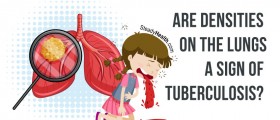


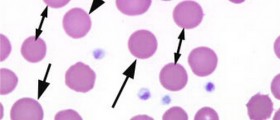

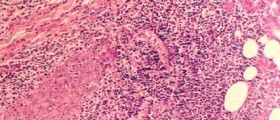



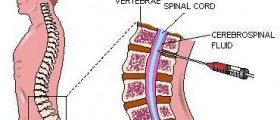

Your thoughts on this
Loading...